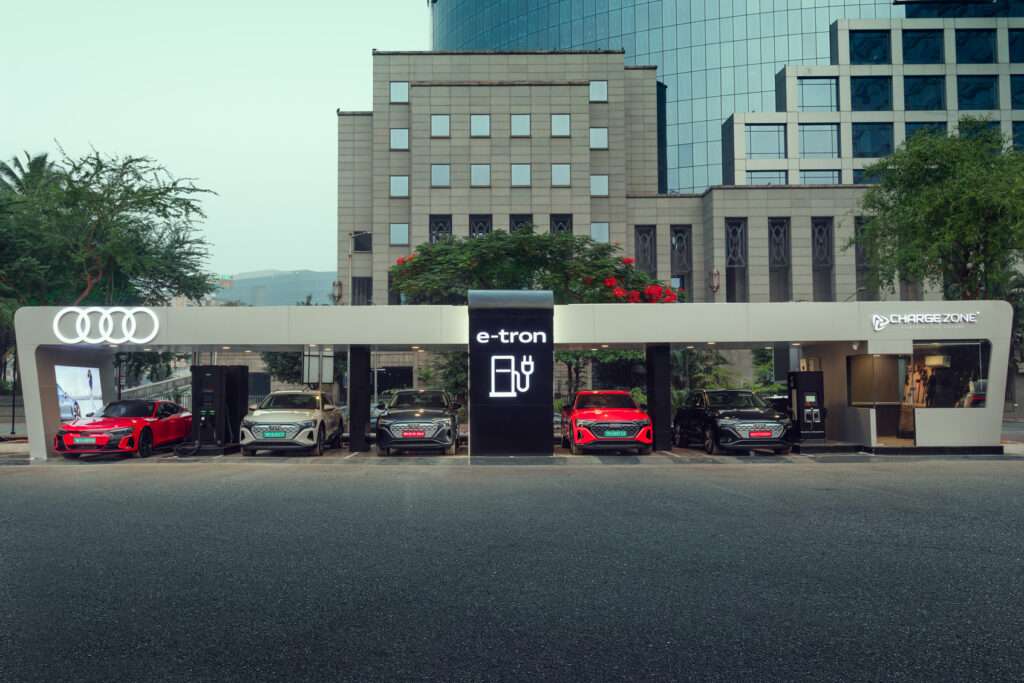Chinese tech giant Xiaomi is poised to make a groundbreaking entry into the electric vehicle (EV) market with the launch of its highly anticipated YU7 model this Thursday. Positioned as a direct competitor to Tesla, the YU7 marks a pivotal step in Xiaomi’s diversification strategy beyond consumer electronics, signaling its ambition to disrupt the global EV industry.
Xiaomi, widely known for its smartphones and smart home devices, has been steadily investing in electric vehicle technology since announcing its automobile division in 2021. The upcoming YU7 electric car represents the culmination of years of research and development, strategic partnerships, and significant capital infusion — reportedly over $10 billion.
According to industry insiders, the YU7 will feature advanced autonomous driving capabilities, a high-performance battery pack offering over 700 kilometers of range per charge, and a sleek design influenced by Xiaomi’s minimalist aesthetic. The vehicle is expected to run on Xiaomi’s proprietary operating system, allowing seamless integration with its IoT ecosystem, which includes smartphones, tablets, and smart appliances.
The official unveiling, scheduled for Thursday in Beijing, is expected to include a live demonstration of the YU7’s capabilities. Leaked specifications suggest that Xiaomi’s EV will boast Level 3 autonomous driving, rapid charging technology (0–80% in under 30 minutes), and a starting price significantly below Tesla’s Model 3 — potentially making it an attractive option in both domestic and international markets.
Industry analysts believe Xiaomi’s entry into the EV market could reshape the competitive landscape. “Xiaomi is leveraging its brand equity and existing user base to create an interconnected EV experience. If the YU7 delivers on performance and affordability, it could seriously challenge Tesla’s dominance, especially in Asian markets,” said Chen Lei, an automotive analyst based in Shanghai.
Furthermore, Xiaomi’s manufacturing strategy — including partnerships with established automotive firms and its own smart manufacturing plants — gives it a potential cost advantage. Coupled with strong government support for EV innovation in China, the company is well-positioned to scale production rapidly.
Conclusion:
As the world watches Xiaomi’s official debut in the electric vehicle space, the YU7 is more than just a car; it represents the tech company’s vision of a smart, connected future. If successful, this launch could mark the beginning of a new chapter in the global EV race — one where traditional automakers and tech companies go head-to-head in defining the next generation of mobility.
With its first move into the EV sector, Xiaomi may not only challenge Tesla but also reshape consumer expectations for what an electric vehicle can offer.



